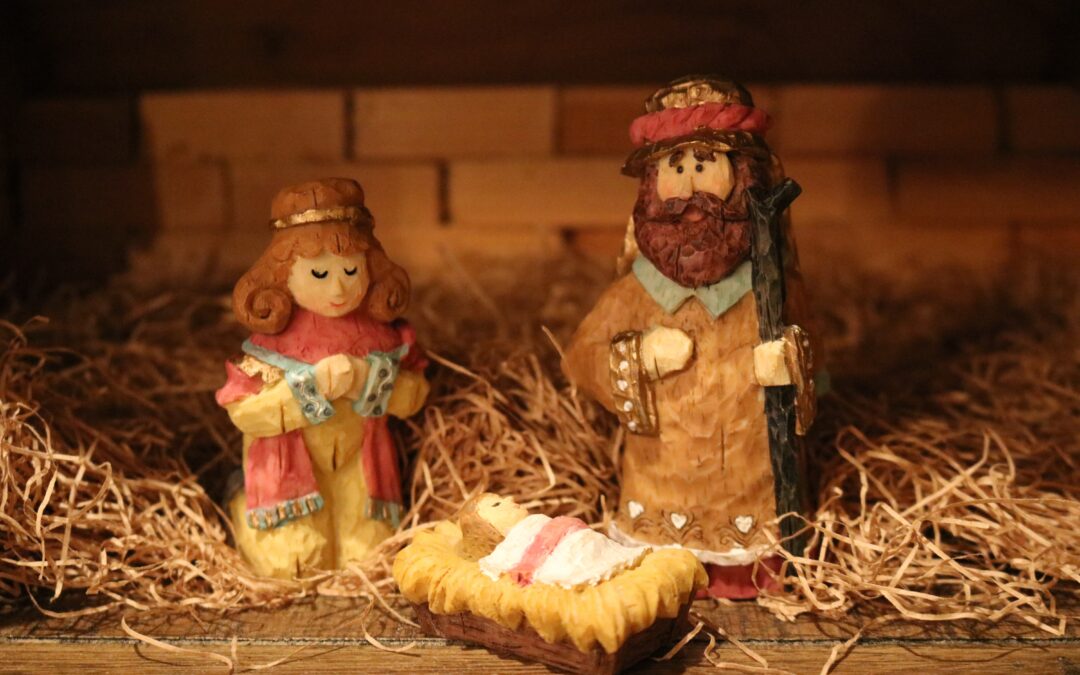In a word, Jesus was born so that he could ‘die’. As morbid as this sounds, it’s the message of the Bible. Ever since Genesis 3, when Adam and Eve took the forbidden fruit, God has been working to deal with the problem of Sin. Yet what is Sin? Well to tread on a spider is necessary in Australia. To tread on a puppy is cruel. To tread on a child is abuse. To tread on the King is treason. Sin is treading on God. It is claiming God doesn’t have the right to rule his world, which is criminal. And as a righteous justice system knows, crime must be punished.
Yet the big question that plagues the Old Testament (OT) is how can God punish Sin without destroying the sinner? The answer comes with Jesus. God the Son chose to leave heaven, be born as a human and live a perfect (sinless) life here on earth. He then chose to die on the cross, to take the punishment for his people’s sin. Yet the cross is not just physical and mental punishment. It is spiritual punishment, as Jesus is alienated from the Father for the first time in eternity.
The New Testament (NT) tells us if we (i) say sorry for our sins, and (ii) give our allegiance to Jesus, then Jesus takes our sin upon himself. Thus God can now punish sin, but save the sinner (you and me). No wonder Christmas is a time for celebration.






